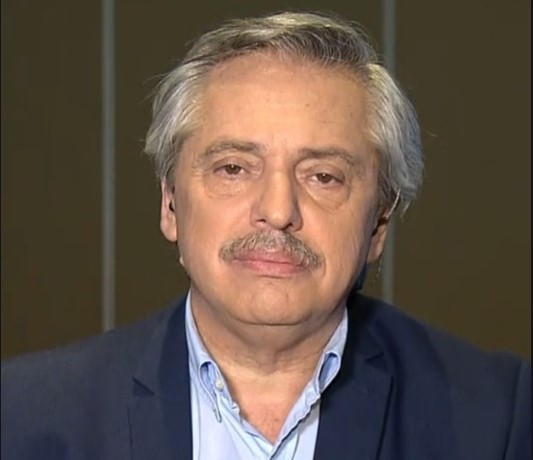Argentine president scrambles to replace economy chief after Guzman exit
Goldman Sachs analyst Alberto Ramos said the departure of Guzman was a political blow to Fernandez, already facing slumping support in opinion polls ahead of elections next year, and may compromise the relationship with the IMF. "A politically weaker and unpopular presidency would increase the risk that macro policy could turn more heterodox and interventionist," he wrote in a note, adding that FX and other local markets would likely remain under pressure.

- Country:
- Argentina
Argentine President Alberto Fernandez held meetings and telephone calls on Sunday as he scrambled to find a new economy minister, official sources said, after the abrupt exit of ally Martin Guzman shook the country's center-left government. By early Sunday afternoon there was still no sign of a successor. "No news," a government spokesperson told Reuters.
Guzman, 39, submitted his resignation late on Saturday amid rising tensions within the ruling Peronist coalition over how to handle economic crises that have been exacerbated by Russia's invasion of Ukraine and sky-high inflation. Fernandez has yet to publicly address the resignation of Guzman, a moderate who had served as economy minister since the president took office in late 2019. Guzman was the driving force behind major debt restructurings with local and international creditors, and was key to sealing a new $44 billion deal with the International Monetary Fund (IMF) this year to replace a failed 2018 program.
Fernandez's choice for successor will be an important signal for the direction his government will take on economic policy over a tightly controlled foreign exchange market, ongoing debt deals and trade. Argentina is a major exporter of soy, wheat and corn. Goldman Sachs analyst Alberto Ramos said the departure of Guzman was a political blow to Fernandez, already facing slumping support in opinion polls ahead of elections next year, and may compromise the relationship with the IMF.
"A politically weaker and unpopular presidency would increase the risk that macro policy could turn more heterodox and interventionist," he wrote in a note, adding that FX and other local markets would likely remain under pressure. Guzman had come under fire from the militant wing of the ruling coalition around powerful Vice President Cristina Fernandez de Kirchner, which has been pushing for more state spending to support hard-hit Argentines.
He had been balancing that pressure with the need to cut a deep fiscal deficit, which had become tougher amid soaring energy import costs that have hit foreign currency reserves. "We are facing a complex political crisis, deepened by the fight for power," said Rosendo Fraga, a political analyst.
(This story has not been edited by Devdiscourse staff and is auto-generated from a syndicated feed.)
ALSO READ
Libertarian Summit: Argentina's Milei Hosts Right-Wing Leaders
Argentina's Wheat Harvest Surpasses Expectations
IFC and Central Puerto Partner on $600M Renewable Energy Transmission Line for Argentina’s Mining Sector
Argentina Faces Skyrocketing Inflation and Economic Contraction
How Monitoring Systems and Global Aid Saved Lives in Argentina During the Pandemic










